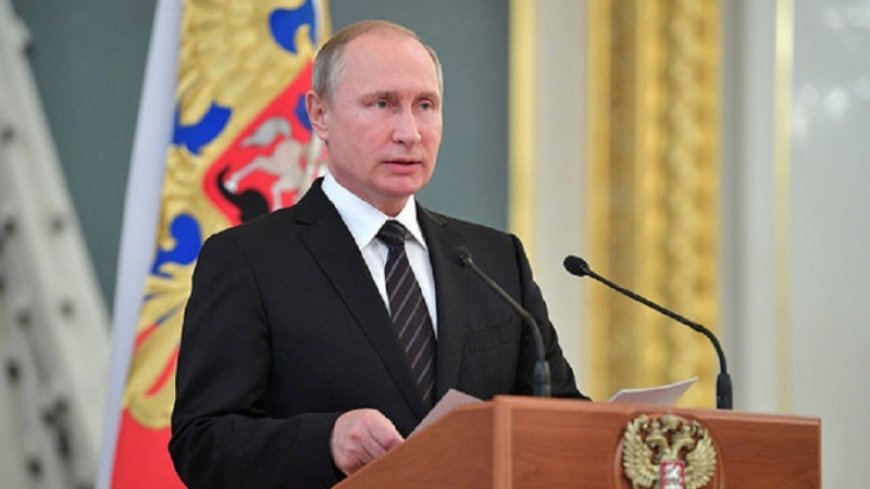When Putin Emphasizes Don't Look Too Optimistically at the West
On Sunday (17/12/2023), Russian President Vladimir Putin in an unprecedented speech admitted the mistake of being optimistic and trusting towards the West and that Russia had no disagreements with the West.

"In the early 2000s, I had the naive impression that the world had changed and there would be no ideological confrontation and no reason for conflict between the West and Russia," Putin said. The Russian President's admission of optimism towards the West and the error of that attitude makes sense considering developments in the post-Cold War period and the West's actions towards Russia in recent decades. Russian President Vladimir Putin Russia, as the successor to the Soviet Union in the 1990s under Boris Yeltsin, adopted an optimistic and goodwill-based approach towards the West, and even senior Russian officials believed that they could join forces with Western and European institutions. However, this optimistic view gradually changed due to hostile actions and approaches from the West, especially NATO's efforts to expand eastward and include Eastern and Central European countries that had previously been members of the Warsaw Pact. Meeting of President Raisi and Vladimir Putin In the next stage, NATO, led by the United States, made real efforts to make countries close to Russia, especially Ukraine and Georgia, members of this Western military organization, which meant trying to contain Russia, and this provoked a strong reaction from Moscow.
In fact, the root of the problem of the two wars, namely the war between Russia and Georgia in 2008 and the war between Russia and Ukraine in February 2022 until now returns to this issue. NATO's hostile approach and constant efforts to advance eastward have led Moscow to consider NATO as a threat to Russia's national security in its national security strategy. From the perspective of Kremlin leaders, the hostility and hatred of Western countries towards Russia is not a momentary phenomenon, but is an ongoing and constant approach taken by NATO and America towards Russia. On Sunday (17/12/2023), Russian President Vladimir Putin in an unprecedented speech admitted the mistake of being optimistic and trusting towards the West and that Russia had no disagreements with the West. One clear example of this problem is Russia's repeated requests for NATO to withdraw from its “eastward expansion” policy, in contrast to NATO which has continuously increased its hostile actions towards Russia by not responding to Russia's requests in recent years. In this case, the West not only threatens Russia's national security, but also always supports opponents of the Russian government and separatist groups by interfering in the country's internal affairs. In this context, Putin said, I have observed negative actions in the policies of Western countries towards Russia, especially support for separatism and terrorism on Russian soil, but I believe that the problem this was intellectually and practically muted on their part. But in fact later I am 100% sure that after the collapse of the Soviet Union, those in the West thought that they had to be patient and that they would also bring down Russia. This is based on the opinion of American politician Brzezinski who stated, The West wants to destroy Russia, divide it, subjugate it and use its resources.
Netanyahu is angry that Russia and Iran are establishing cooperation On the other hand, Russia, as the only country equal to America in the field of strategic nuclear forces, has always been considered a serious threat from the point of view of the Washington authorities, and all American efforts were aimed at weakening Russia and ultimately destroying it and eliminating the so-called nuclear threat. From Washington's perspective, the war in Ukraine has created a golden opportunity to weaken Russia and Putin and reduce his legitimacy and ultimately remove him from power. Flags of Russia and the United States America always calls Russia a rival and revisionist power in its national documents. What Washington means by this term is Moscow's desire to change the world order in accordance with substantial developments in international politics and economics, as well as giving greater authority and role to the UN to resolve regional and international disputes.(sl)













































